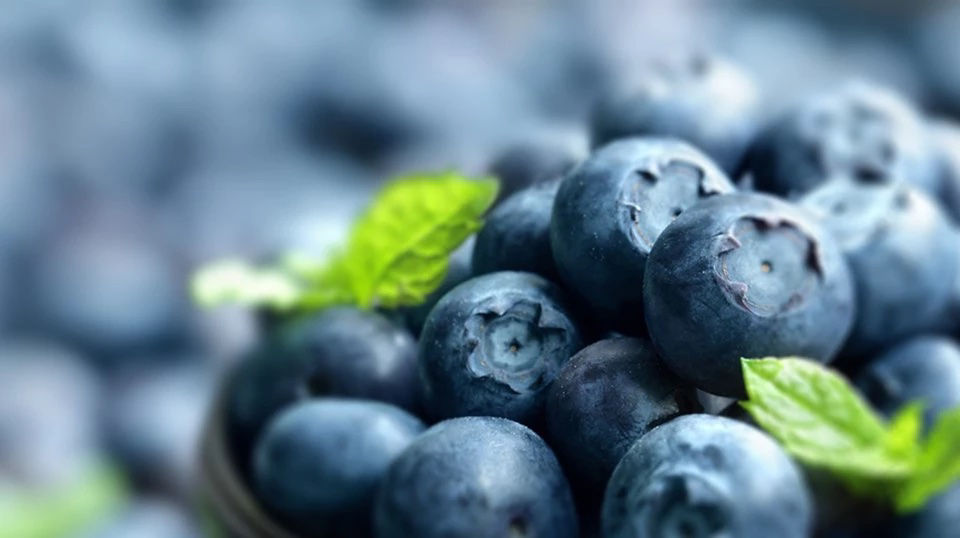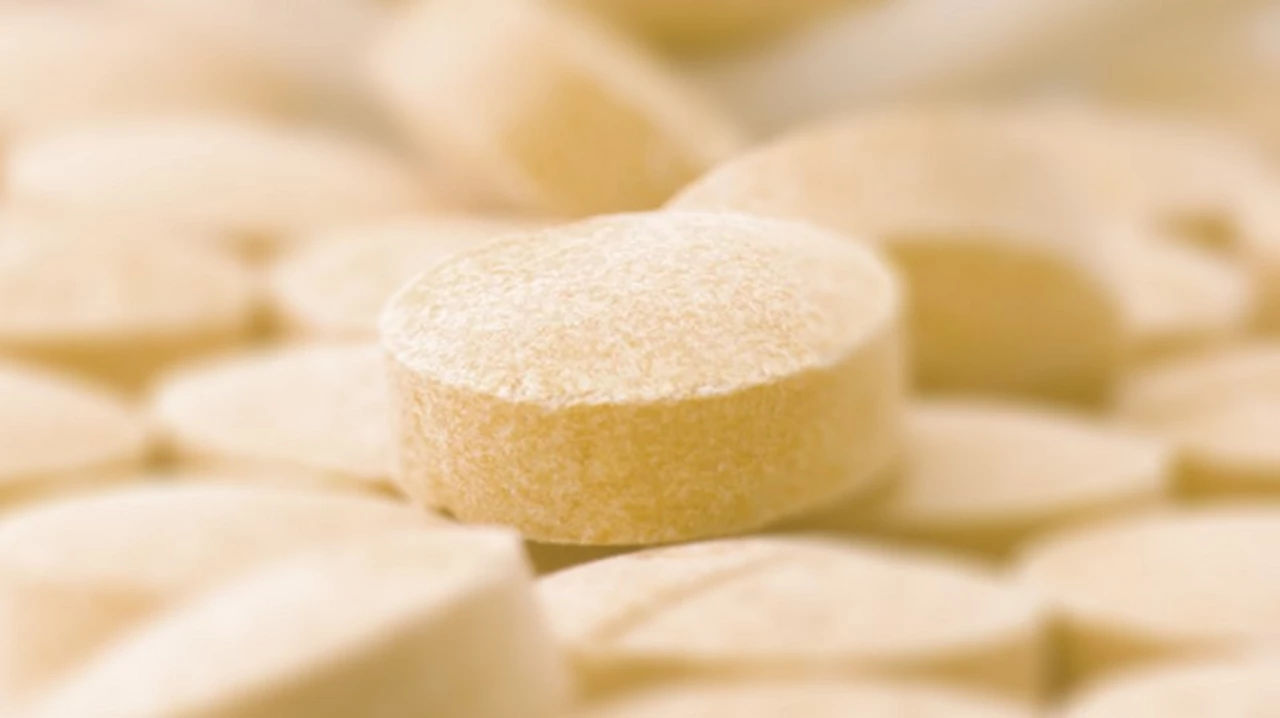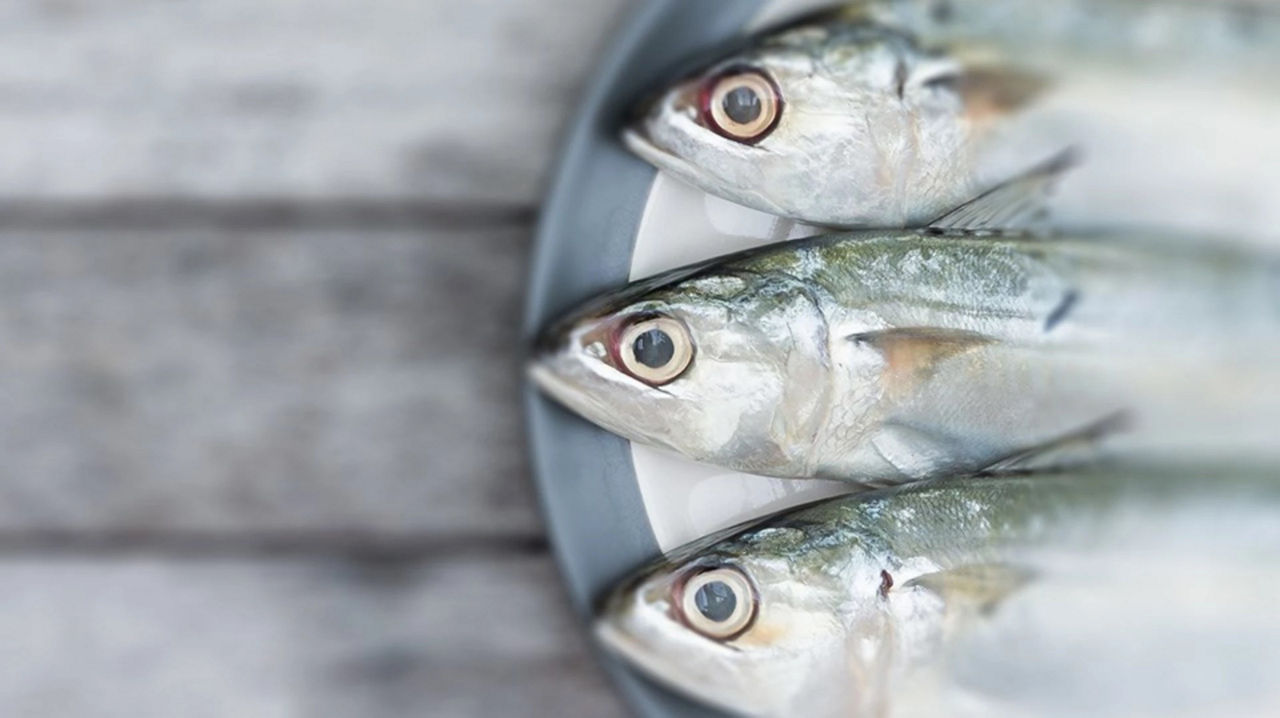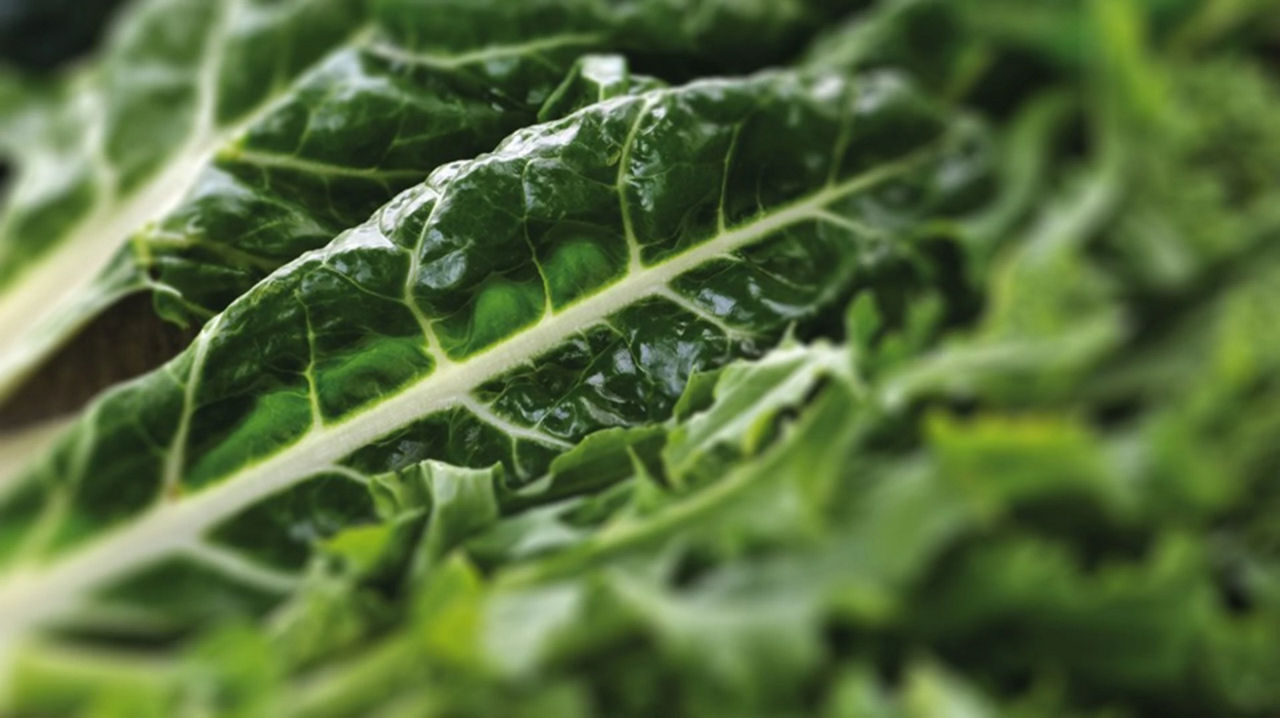During pregnancy, the food you eat helps your body to provide nutrients so that your baby can grow and develop normally. But recent discoveries are showing that the nutrients they receive while in the womb have a much greater impact on their future health than was previously thought. Learn how pregnancy nutrition plays a crucial role in your baby’s health beyond birth, and how to maximise your intake from the food you eat.
Pregnancy nutrients and diet
Set for life
Find out how to feed their future
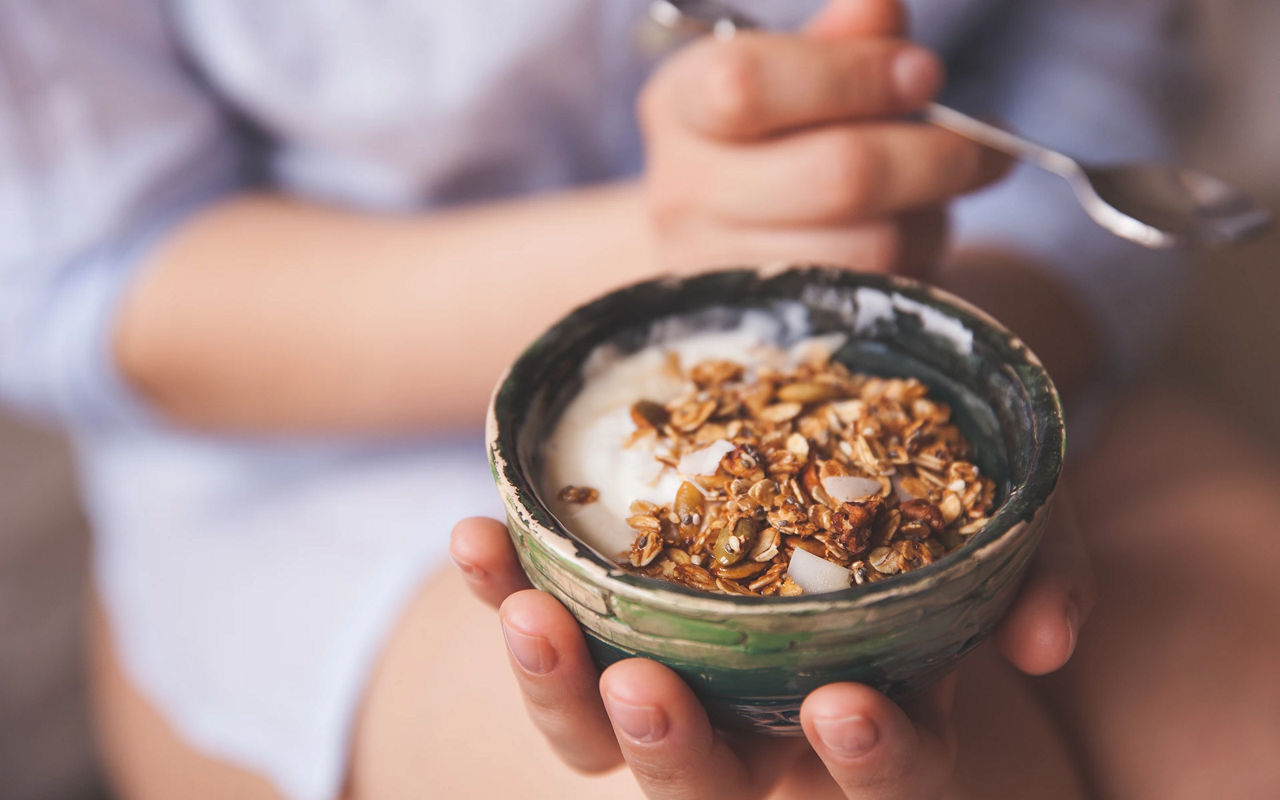
Nourishing your baby’s future
Common sense tells us that eating well during pregnancy is good for mother and baby. But only recently has science revealed just how much impact your pregnancy diet can have.
It’s now recognised that the nutrition babies receive during pregnancy does more than support their growth and development in the womb. It also influences their health throughout infancy, childhood and for the rest of their life.
This means that by making healthy choices and eating a well-balanced, nutrient-rich diet now, you are supporting your baby’s wellbeing for decades to come.
A balance of life-sustaining nutrients in pregnancy
During pregnancy, your baby grows from a single cell to a fully formed, unique and beautiful baby. Certain nutrients are essential to this growth, and including them in your pregnancy diet at the recommended levels will help to give your baby the best start for a healthy future.
As well as protein, fats and carbohydrates (the macronutrients that provide the bulk of your baby’s energy), many micronutrients are essential to their normal growth and development.
A well-balanced pregnancy diet is one that includes a healthy intake of macronutrients and micronutrients.
Although there are many nutrients involved in your baby’s development, the vitamins, minerals and fats explained below are particularly important during pregnancy. Some, such as vitamins C, D, A, folate, thiamin and riboflavin are needed to such a degree that your recommended levels are higher than they would normally be. But with many available from various everyday food sources, the good news is you may already be getting the levels you need.
To learn more about the Recommended Dietary Allowance's (RDA's) of certain key nutrients and how to get them, take a look at the individual pregnancy nutrient pages.
Vitamin A
A key nutrient for your baby’s normal visual development, vitamin A also supports their immune system. A safe intake of this nutrient during pregnancy will help to ensure that your baby is born with the stores their body needs to fight infection and keep them healthy.
Vitamin C
Vitamin C is needed to make collagen, one of the building blocks of your baby’s body. It also helps your body absorb iron from other foods, namely plant sources, which is important for your baby’s cognitive development.
Vitamin D
Vitamin D plays a vital supporting role in the supply of calcium and phosphate to your baby. These nutrients are needed to build your baby’s bones during pregnancy and a healthy supply can have a positive effect on how they continue to develop throughout childhood. Adequate levels of vitamin D have also been linked to a lower risk of various conditions, including asthma and diabetes.
The most efficient source of vitamin D is sunlight on the skin. But because the strength of UVB rays varies during the year, this is one of the two nutrients recommended as a supplement throughout pregnancy and breastfeeding.
Folate (folic acid)
Folate is involved in your baby’s very earliest development – the formation of the neural tube, which eventually becomes their brain, nerves and spinal cord. Normal development at this critical stage provides the best start for all development yet to come and has been linked to a reduced risk of disease in later life.
Because of this, and because it is difficult to obtain the recommended levels from food, taking a supplement is recommended both before pregnancy and until the 12th week of pregnancy.
Iodine
Although only needed in small amounts, iodine is essential for the production of thyroid hormones that contribute to your baby’s brain development.
An adequate intake of this trace element supports the cognitive development that will help your baby learn to talk, remember, solve problems, make decisions and perform many of the other skills needed to support them through life.
Iron
During pregnancy, your blood volume increases dramatically. As a key component of blood, iron is an essential mineral to include in your pregnancy diet.
A healthy supply of iron reduces your likelihood of iron-deficiency anaemia and supports your baby’s brain development. It also helps to build up your baby’s iron stores, which they will rely on for the first months of life.
Vitamin K
Vitamin K, a fat-soluble vitamin, helps blood clot normally. An adequate supply during pregnancy helps to build up your baby’s stores, reducing their risk of any clotting issues after birth.
Omega 3
Omega 3 is a particularly beneficial type of fatty acid that has been shown to support cognitive development and reduce the risk of heart disease.
A good source of Omega 3 is oily fish, because it provides the preformed long chain polyunsaturated fatty acid that our bodies need, known as DHA. This particular fatty acid is a key component of our brain and eye tissue. An adequate and appropriately balanced supply of Omega 3 is required for the normal brain function that enables thinking, learning and understanding, both during your baby’s critical stages of development and throughout their life.
Next steps
Follow these guidelines to maximise your nutritional intake from the food you eat:
- Steam and grill vegetables to retain more of their vitamin C and folate content.
- Eat vitamin C-rich foods alongside plant sources of iron (such as leafy vegetables and beans) to increase your iron absorption.
- Avoid eating or drinking dairy foods with meals – the calcium can inhibit iron absorption.
- The nutrient quality of fruit and vegetables starts to decrease once they’re picked. To get the most benefit from them, buy local produce that hasn’t spent additional time being transported, and eat soon after buying.
- Cook tomatoes to make their nutrients more bioavailable.
More related articles

Get in touch with our Careline experts
Our nutritionists and feeding advisors are always on hand to talk about feeding your baby. So if you have a question, just get in touch

